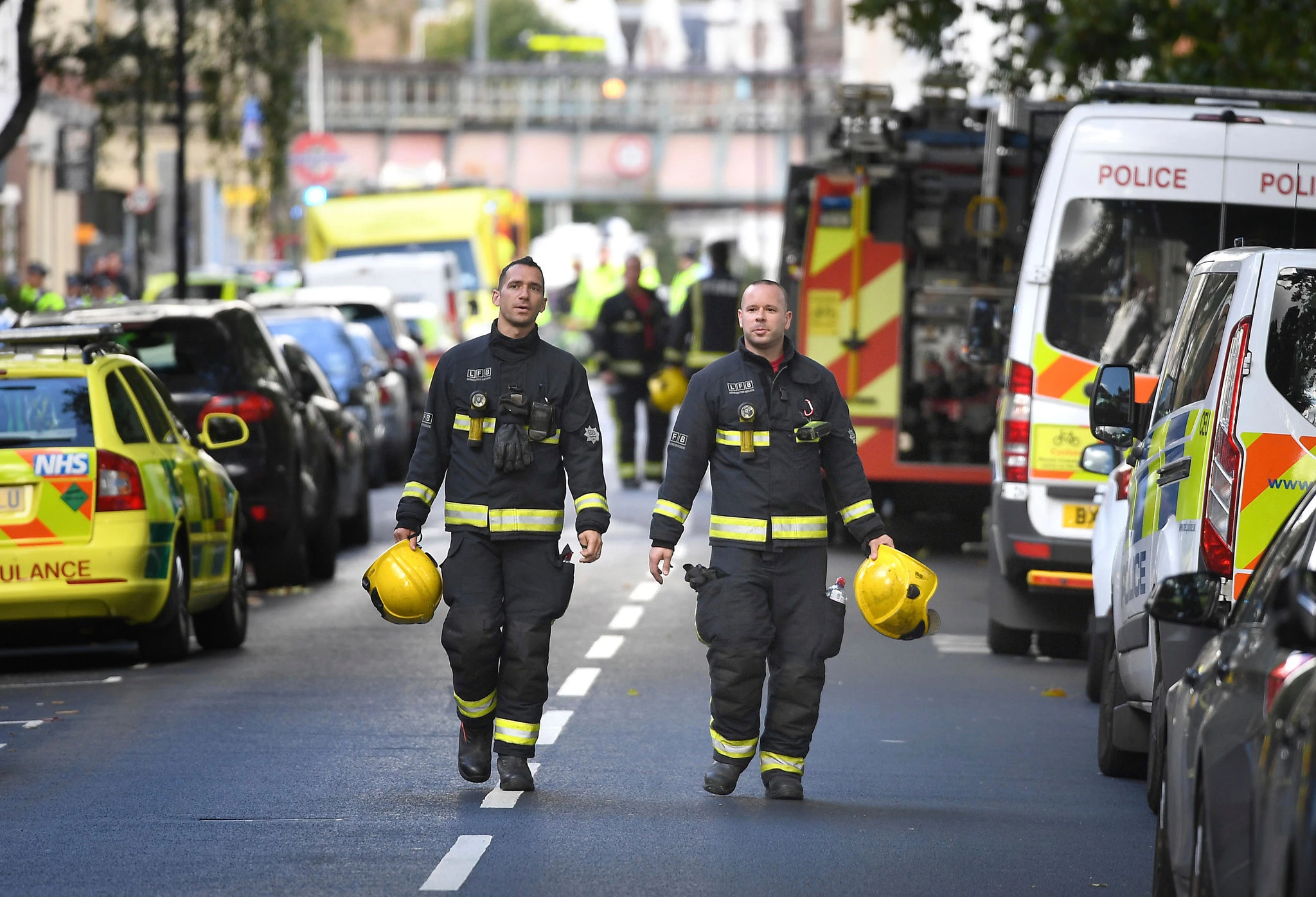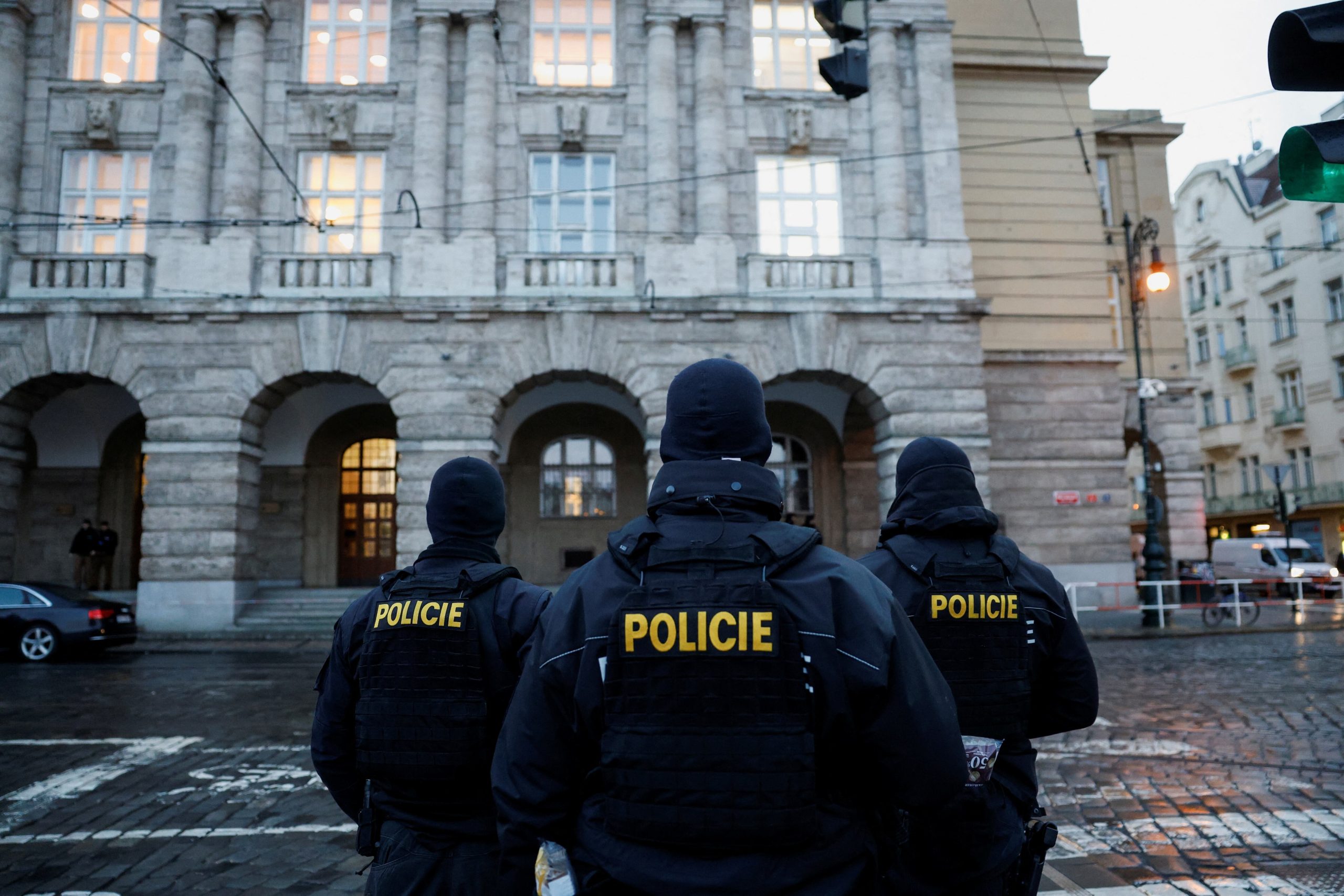European Centre for Counterterrorism and Intelligence Studies, Germany & Netherlands – ECCI
Britain has witnessed many terrorist atrocities in recent years, but the bombing of the Manchester Arena in 2017 stands out.
Dailymail – On that terrible night, the innocent joy of young concert-goers attending a performance by pop star Ariana Grande suddenly gave way to butchery and horror as Salman Abedi, a Libyan-born Islamist, detonated a massive explosive device laden with shrapnel in his rucksack.Altogether, 22 innocent people were killed and more than 1,000 injured.But what has compounded the country’s shock at this incident is the patently inadequate response of the emergency services, whose misjudgments, hesitations and poor leadership, it emerged later, may have heightened the grim death toll.
Paralysed by excessive caution and crippled by misapplied procedures, the police, fire and ambulance services badly let down the victims that night. When these organisations should have been at the heart of the action helping to save lives, they were lingering on the sidelines.Yesterday, these failings were laid bare in the report published by Sir John Saunders, the distinguished judge who has led the official inquiry into the Manchester bombing. Focused on the emergency services, this was the second of three reports that will result from his inquiry.For me, as a counter-extremism expert and former prison governor, with long experience of serious-incident command, it made depressing reading. I once coined the phrase ‘institutional timidity’ to describe the risk-averse, buck-passing paralysis that can seize some public organisations. In hiding behind bureaucracy, hierarchy, rules and ideology, they lose their sense of purpose.
Institutional timidity is exactly the phrase to describe the handling of the Manchester bombing. In his wealth of meticulously gathered evidence, Sir John has delivered a searing indictment of the people responsible for emergency management, who were overwhelmed by the challenge that confronted them.Their approach, in his damning verdict, was ‘far below the standard it should have been’. It is true that a large number of frontline responders are blameless: many junior officers from all the 999 services acted in an ‘exemplary fashion’ in responding to the awful scene.
Yet their decisiveness was badly undermined by those further up the chain of command, who failed utterly in their duty to get a grip. As confusion reigned and communications broke down, the injured and dying were waiting for help that didn’t come when it should.One perhaps deadly mistake was the early belief that a gunman was marauding through the venue, after reports of a massive explosion. This meant that under the mandate of the standard tactical response known as Operation Plato, armed police were meant to secure the space by neutralising any threat before other emergency services could enter.This led to excessive delays, during which injured people lay bleeding or were transported to ambulances on makeshift stretchers. It was a problem made worse by the ‘unduly cautious’ attitudes of the North West ambulance chiefs.
So why did the emergency services fail so badly that night?
British people have long been used to swift and effective responses from police, fire and ambulance services. Their recruits were tough, public-spirited types who would run towards danger, instead of away from it. Their courage and reliability were part of the fabric of our society.I don’t believe that aspect has changed. The men and women who devote their lives to the emergency services are usually motivated by a brave, selfless determination to protect and help the vulnerable.I saw that for myself when I spent five years as a volunteer police officer with Devon and Cornwall Constabulary.
Nor is it credible to blame lack of resources or inadequate procedures, the usual excuses wheeled out to defend failing public agencies. Yes, many emergency service workers had experienced online training to save money. As one police officer told Sir John, e-learning does little to prepare trainees for the nightmare reality of a terrorist incident. But at Manchester, the biggest problem was that both personnel and equipment were deployed late and badly – not that they were in short supply.An advanced plan for a multi-agency response to a major incident did exist, but it fell to pieces on contact with bloody reality.This is bad enough, but a far more serious problem also occurred that night. In a tragic reversal of priorities, the protection of emergency personnel was at times put before the desperate needs of the wounded.
We have seen this elsewhere recently: in the name of safety, managers and chiefs stop first responders from carrying out their essential duties.Paradoxically, this official obsession with ‘risk assessments’ can actually become a risk to the public, as revealed by the case of Alison Hume, who in 2008 fell down a disused mineshaft in Galston, Scotland, and lay for hours at the bottom, badly injured.When firefighters volunteered to rescue her using a winch, they were overruled by their superiors who slavishly followed rules which said the equipment could be used only ‘for saving themselves, not members of the public’.Instead they waited through the early hours of the morning for a police mountain rescue team to arrive.Mrs Hume died from a heart attack brought on by hypothermia shortly after being lifted out.
This is a classic example of officialdom devoid of common sense, humanity and any understanding of the reason for their organisation’s existence. If a fire service is stopped from saving lives, then what is its point?The same institutional timidity can be found abroad: look at the terrorist massacre at the Bataclan concert venue in Paris in 2015, or the mass shooting at the Robb Elementary School in Uvalde, Texas, earlier this year.In both cases, heavily armed police delayed their intervention despite desperate pleas from survivors and bystanders.That ‘safety first’ approach – combined with the incompetence of senior officers – backfired terribly on both occasions.
It is a worrying trend for which the public could ultimately pay a high price.Since the Manchester bombing, there have been a string of apologies from police, fire and ambulance chiefs.There is also the promise that procedures will be changed to ensure it never happens again, particularly through the prospect of new legislation named Martyn’s Law – named after one of the Manchester victims, Martyn Hett, whose mother has campaigned heroically for improved security at public venues.But all the new rules and expressions of regret will not change anything unless the toxic culture of excessive, enfeebled restraint is vigorously challenged.Sir John’s excoriating report should be a call to arms to uphold the traditions of courage and service – and to move our emergency services away from the tyranny of health and safety obsessives.




